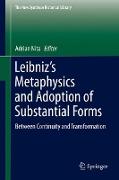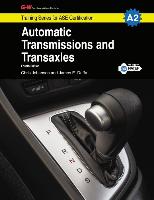The Discourse of Flanerie in Antonio Muñoz Molina's Texts
BücherAngebote / Angebote:
Edgar Allan Poe, Charles Baudelaire, and Walter Benjamin have shown that flanerie is anything but an aimless stroll. Walking through London, Paris, and Berlin entailed an engagement with the latest modernity that could be both exhilarating and terrifying. Antonio Munoz Molina, Spain s most well-known contemporary author, joins this group of flaneur writers as his texts map late twentieth and early twenty-first-century cities. Moving back and forth between Spanish and foreign cities, his narrators and protagonists engage with a global, mass-mediatized modernity. In his early flaneur texts of the 1980s, the exhilarating dimension of flanerie mirrors the cultural freedom of Spaniards after the end of the Franco dictatorship. In his novels of the 1990s, however, a more reflective form of flanerie emerges which conveys alienation rather than the pleasure of window-shopping. It is not accidental that these texts frequently cite Benjamin and deploy Benjamin s defamiliarizing gaze on cities to distance themselves from consumerism and defend their protagonists individuality. Going beyond Benjamin, the Spanish author adds intercultural flanerie to this oblique gaze. As his flaneurs walk through U.S. and Moroccan cities, they absorb foreign-cultural influences and define themselves as mobile transnational subjects. This absorption, however, is problematic to the extent that Munoz Molina s flaneur texts repeatedly engage with racial and cultural otherness in a primitivist, Orientalist, and colonialist fashion. The third phase of his flaneur literature, beginning in 2006, moves away from such representations. The disappearance of non-European places and persons from his most recent novels betrays the author s belief that modernity has become planetary, erasing niches of cultural otherness. His flaneurs use their utter alienation in this modernity creatively by inscribing themselves into dominant technological and historiographic narratives of Euro-American modernity, abandoning their individuality and transforming themselves into corrosive textual forces undermining these narratives from within. By exploring the three phases of flanerie in Munoz Molina s texts, this book not only offers the first comprehensive study of this leitmotif but also adds to existing scholarship on this author by analyzing transnational and intercultural aspects of his texts.
Folgt in ca. 15 Arbeitstagen




